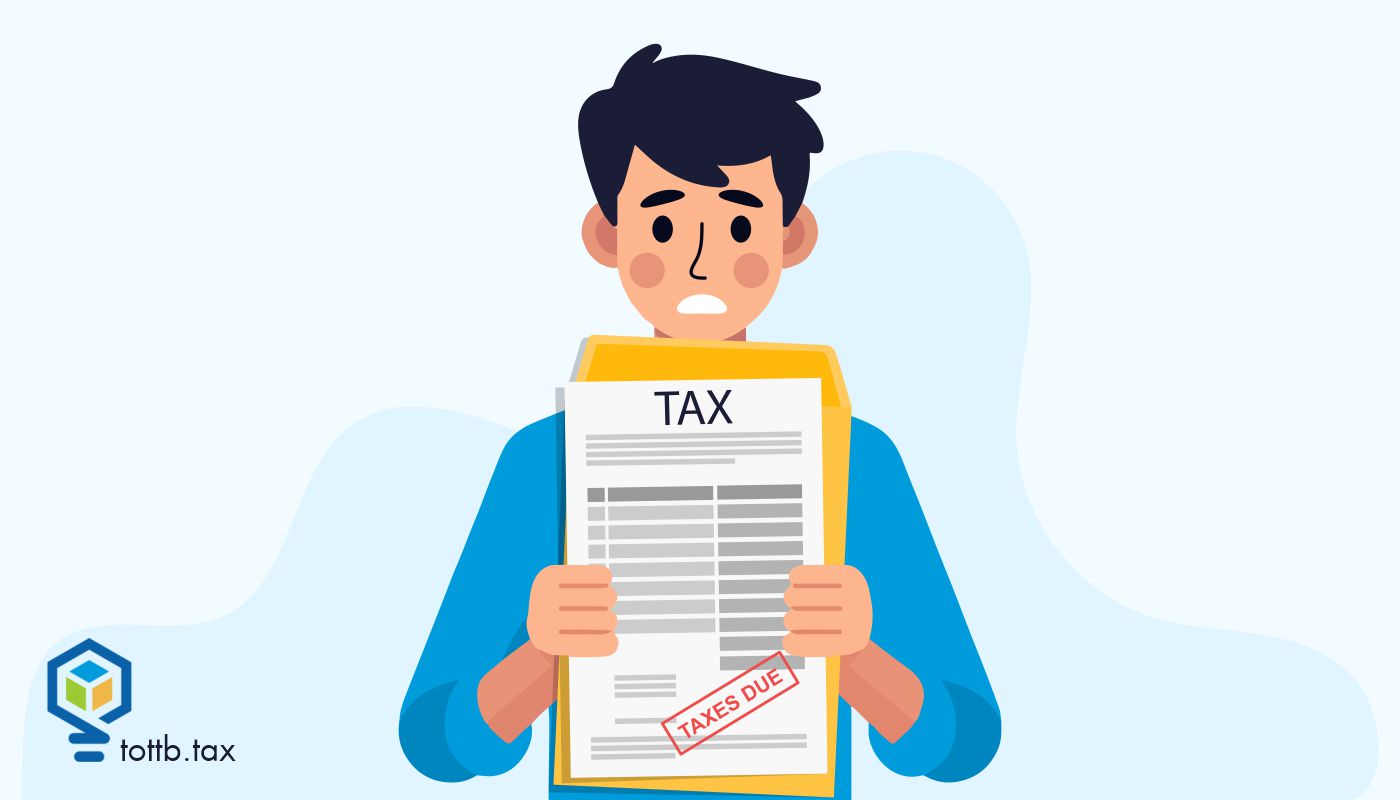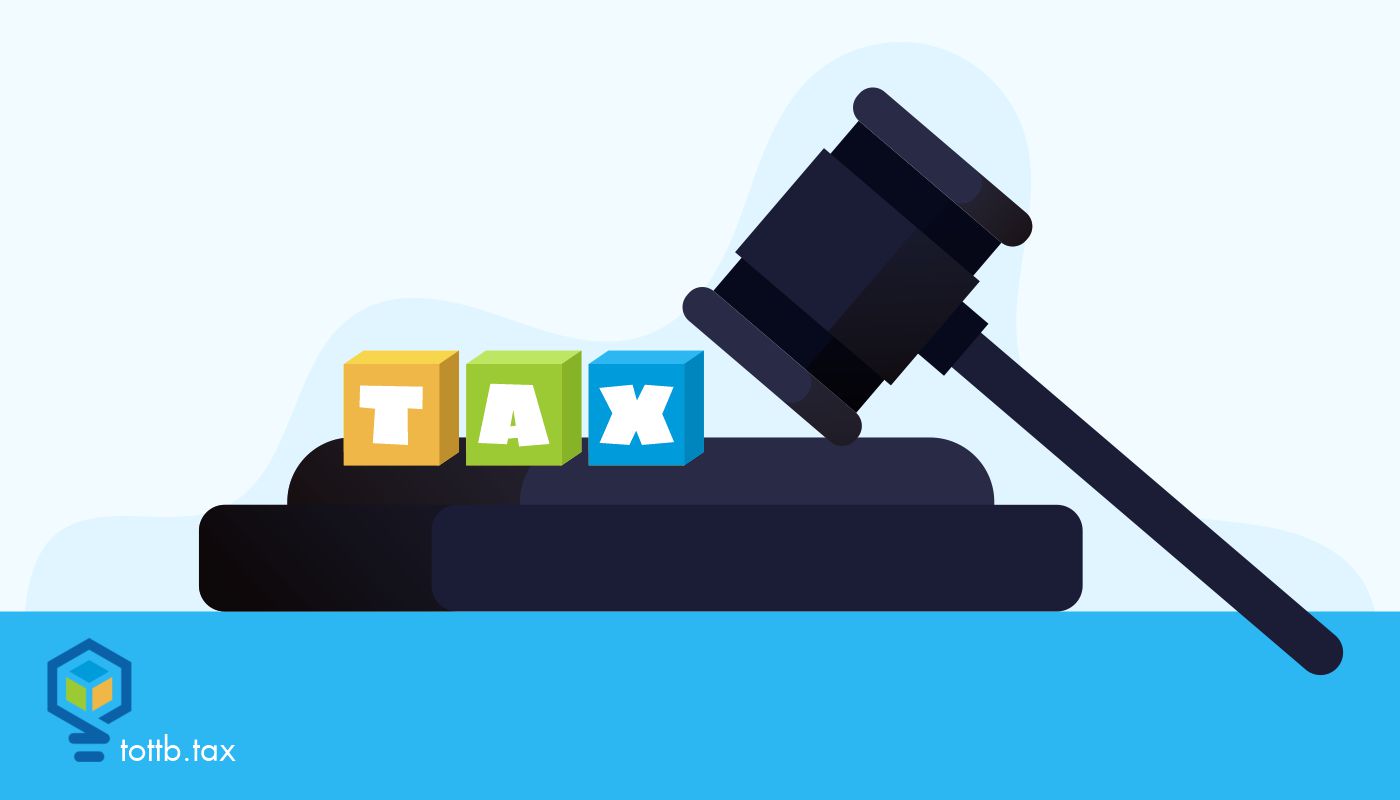With so many people looking for more ways to make money outside their 9 to 5 jobs, many are turning to money making methods using technology including trading in cryptocurrency.
For tax purposes, the IRS considers cryptocurrencies property, not as currency. Just like other property types, stocks, investments, or real estate, when you sell, swap, or otherwise dispose of your cryptocurrency for more or less than you acquired it for, you incur a tax reporting obligation.
As an example, there would be a $1,000 capital gain if 0.1 bitcoin is bought for $2,000 in June of 2020 and then sold for $3,000 two months later. This profit must be reported on the tax return and a certain amount of tax is due on the gain, depending on the tax bracket of the taxpayer. In this example, the gain would be short term requiring the profit to be taxed at the filer’s ordinary tax rate. These rates range anywhere from 0-37%.

Lessons Learned from the Tax Court: The Root of the Issue
When is a business really a business? As Supreme Court Justice Potter Stewart said in 1964, “I know it when I see it.” The US Tax Court, however, maintains a slightly less subjective standard. The Roots were pretty sure they were running a bona fide business; the IRS, however, didn’t share the sentiment. And since we’re reading about them in a segment called “Lessons Learned,” one should assume it did not go the way the Roots would have liked.






